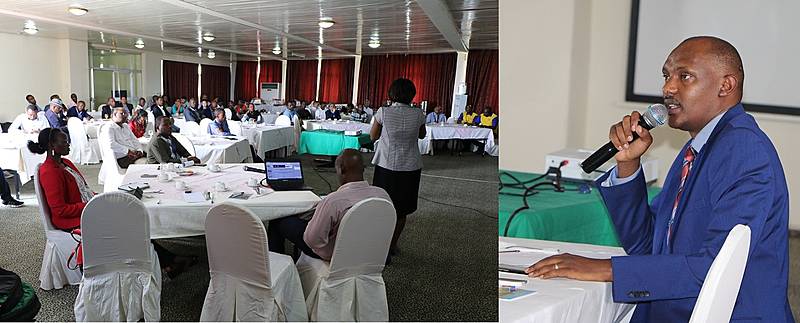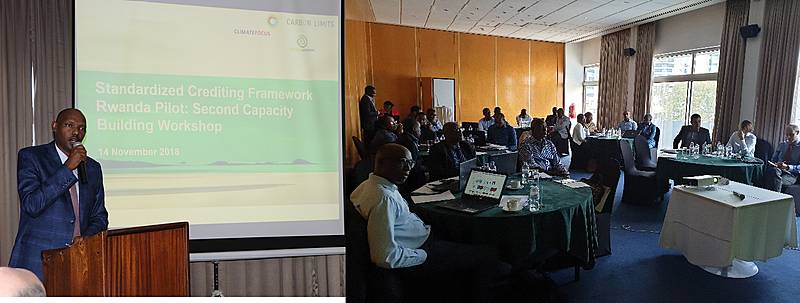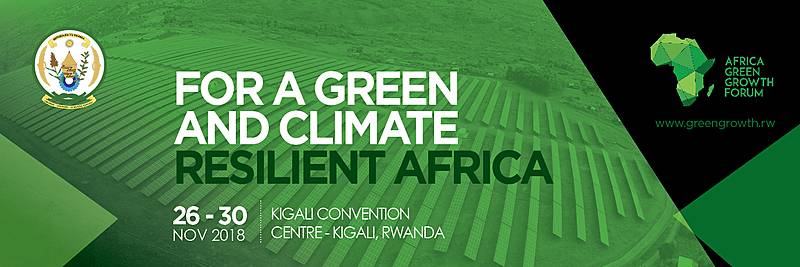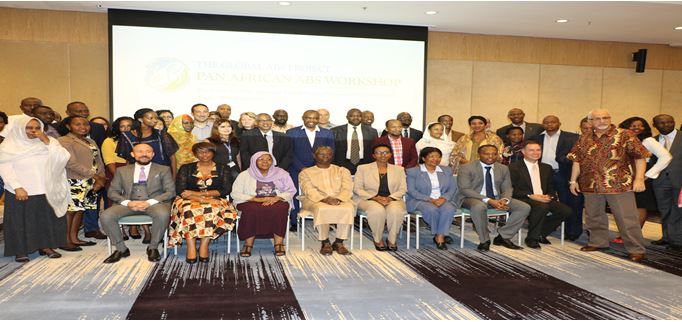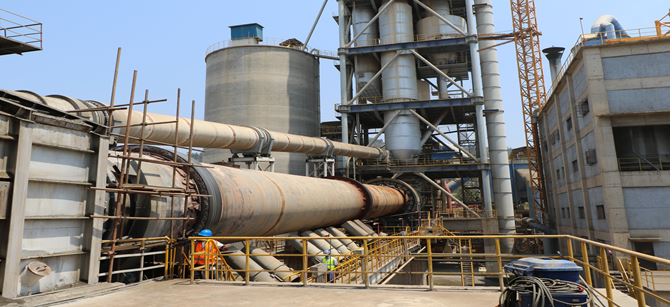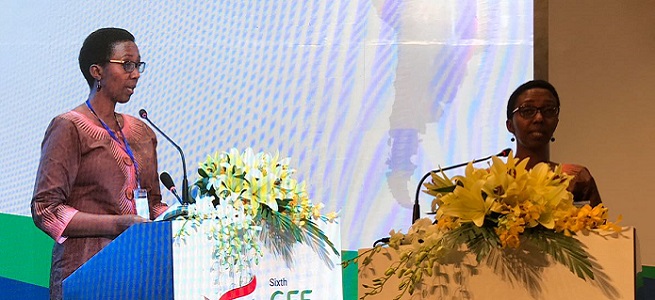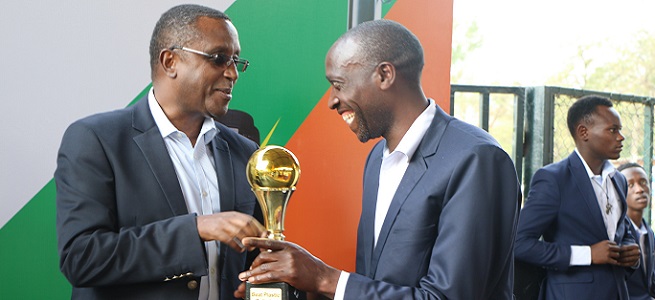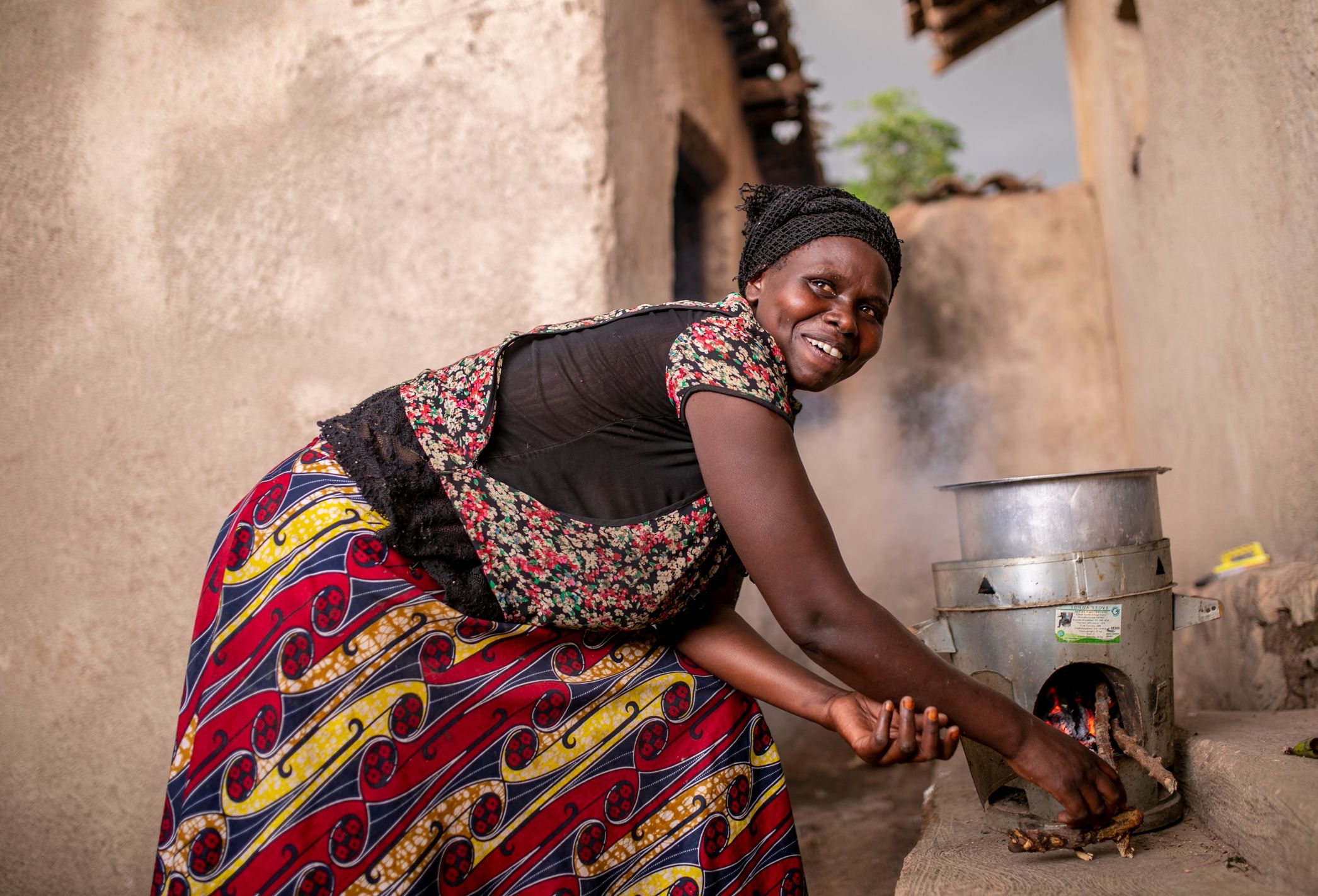
How the Green Amayaga Project is reducing firewood use in Rwanda’s Southern Province
In October 2020, the Rwanda Environment Management Authority in collaboration with the Rwanda Forestry Authority and the districts of Kamonyi, Nyanza, Ruhango and Gisagara, launched a ground-breaking six-year initiative to promote biodiversity, foster ecosystem services, increase agricultural productivity and reduce the vulnerability of people and ecosystems to the adverse effects of climate change in the Southern Province.
Since then, the Green Amayaga Project has run an awareness campaign on the use of safe, effective and clean cooking technologies. The goal is to promote energy efficiency by reducing the use of biomass for household cooking in the region. For many years, the widespread and intensive use of biomass energy in the Amayaga region has had a serious environmental impact, including deforestation.
To address the issue, improved cookstoves have been distributed to project beneficiaries in Kamonyi and Ruhango districts to both improve human health and contribute to mitigating deforestation and climate change. Since February 2021, about 21,000 households have been provided with improved cookstoves in the two districts.
Beneficiaries say that the cookstoves are not only helping them to use less firewood, but also to save money and time to do other income generating activities.
“The cookstoves from the Green Amayaga Project are more efficient than the traditional 3-stone stoves that we were used to. It was hard for us to get enough firewood to cook with because we don’t have many forests in this region. But the new Songa cookstove saves energy. With a single piece of firewood, you can cook your meal because once the cookstove is hot, you don’t need to add any more fuel. Your food is ready in just a few minutes,” said Fortunee Iyakaremye, a farmer from Kamonyi District.
The Songa cookstoves’ thermal efficiency is above 30. They also have fuel saving potential of more than 50% compared to traditional 3-stone stoves, which mitigates deforestation.
Before getting the improved cookstove, Fortunee struggled to concentrate on farming as she had to spend a lot of time collecting firewood. Her neighbours’ children would also often drop out of school to collect firewood, as their parents could not afford to buy firewood.
“Some children even dropped out of school,” she said. “Their parents had little time to earn a living, but now it is possible since we got these cookstoves. We believe that our children will now concentrate on school as they no longer need to spend a lot of time collecting firewood,” Iyakaremye added.
The Green Amayaga Project aims to increase forest cover in the region. In total, 1,000 hectares will be covered with productive forests. In addition, 25,000 hectares of agroforestation including fruit trees will be managed by the project.
According to Philbert Nkurunziza, the Green Amayaga Project Coordinator, reducing firewood use will address deforestation in the region.
“In the districts covered by the project, 60,000 improved cookstoves will be distributed over a period of six years. The cookstoves are expected to avoid about five million tons of greenhouse gases emissions over six years. Over the next 20 years, it is expected that the cookstoves will avoid approximately 15 million tonnes of greenhouse gas emissions,” he said.
Improved cookstoves offer considerable advantages for vulnerable households, such as reduced time and labour gathering firewood, as well as improved health outcomes by reducing exposure to household air pollution.
The Green Amayaga Project is being implemented by the Rwanda Environment Management Authority with funding from the Global Environment Facility (GEF) through the United Nations Development Programme (UNDP). The project intervention areas include Kamonyi, Nyanza, Ruhango and Gisagara districts in Rwanda’s Southern Province.
Learn more about the Green Amayaga Project here
Topics
More posts
Rwanda hosts the Global Environment Facility (GEF) Eastern Africa Constituency Meeting
Kigali, 22 November, 2018, Following the 6th GEF Assembly and 54th Council Meeting held in Danang, Vietnam in June 2018, the GEF focal points of the…
Top managers of industries in Prime Economic zone and Special Economic zone were briefed on new law on Environment
Kigali, 16 November, 2018 - In view of elaborating the new law on environment, LAW N°48/2018 OF 13/08/2018 LAW ON ENVIRONMENT, Rwanda Environment…
Rwanda pilots the second phase of Standardized Crediting Framework concept
Kigali, 15 November, 2018- From 14 to 15 November, 2018, REMA and the World Bank Carbon Initiative for Development (Ci-Dev) hosted a workshop to…
Rwanda to host inaugural Africa Green Growth Forum
Rwanda will host the first ever Africa Green Growth Forum, gathering more than 1,000 investors, policy makers and financial specialists from across…
Rwanda hosts Pan African Workshop on Access and Benefit Sharing of Genetic Resources
Rwanda from 28–30 August 2018 hosts a Pan African Workshop on Access and Benefit Sharing of Genetic Resources (ABS). The workshop brings together…
Rwanda incinerates harmful oils used in transformers
The Government of Rwanda through the Rwanda Environment Management Authority (REMA) started the incineration of Polychlorinated Biphenyls (PCBs) oil -…
Rwanda statement at the 6th GEF Assembly in Da Nang, Viet Nam
STATEMENT BY HEAD OF DELEGATION FROM RWANDA - COLETHA U. RUHAMYA - DIRECTOR GENERAL OF RWANDA ENVIRONMENT MANAGEMENT AUTHORITY (REMA) AT THE 6TH…
World Environment Day: winners of environmental school competitions awarded
Rwanda Environment Management Authority (REMA) has awarded winners of this year’s environmental school competitions organized in the build up to the…
Umunsi Mpuzamahanga w’Ibidukikije: Igihe kirageze ngo tuzirikane ububi bwa plastiki mu mibereho yacu
Kuri uyu wa 05 Kamena, u Rwanda rwifatanyije n’isi yose mu kwizihiza Umunsi Mpuzamahanga w’Ibidukikije, uyu ukaba ari umwanya wo kuganira ku bibazo…

